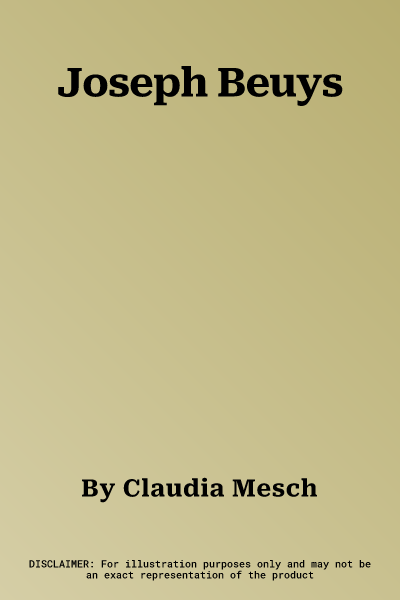Joseph Beuys is one of the most important and controversial German
artists of the late twentieth century, an artist whose persona and art
is so tightly interwoven with Germany's fascist past--Beuys was, after
all, a former soldier in the Third Reich--that he has been a problematic
figure for postwar and post-reunification Germany. In illuminating the
centrality of trauma and the sustained investigation of the notion of
art as the two defining threads in Beuys's life and art, this book
offers a critical biography that deepens our understanding of his many
works and their contribution.
Claudia Mesch analyzes the aspects of Beuys's works that have most
offended audiences, especially the self-woven legend of redemption that
many have felt was a dubious and inappropriate fantasy for a former Nazi
soldier to engage. As she argues, however, Beuys's self-mythology
confronted post-traumatic life head on, foregrounding a struggle for
psychic recovery. Following Beuys's exhibitions in the 1970s, she traces
how he both expanded the art world beyond the established regional
centers and paved the way for future artists interested in
activism-as-art. Exploring Beuys's expansive conceptions of what art is
and following him into the realms of science, politics, and
spirituality, Mesch ultimately demonstrates the ways that his own
myth-making acted as a positive force in the Germany's postwar reckoning
with its past.

